Hope is a hard thing. It’s hard because we all need it but we all lose it.
So, when did you first lose it?
“Yeah, I used to hope,” you might say, “back when I was a child. But that was before the abuse.” Or, “I used to hope before corporate used me for 20 years, chewed me up and spit me out...before the divorce...before the cancer...before...”
And so most of us hate hope. It makes us angry. It feels like a farce, like a lie. Without realizing it, we’ve inherited the worldview of philosophers like Friedrich Nietzsche or Albert Camus for whom hope is absurd. Nietzsche wrote in Human, All Too Human that hope is the worst of all evils because it prolongs the torments of humanity. And Camus saw religious hope as no different than Sisyphus pushing his boulder up that hill every day.
Not many years after Nietzsche died, one of his fans, Adolph Hitler, put this same hopeless worldview into practice, killing millions in the Holocaust. Elie Wiesel, a
holocaust survivor, wrote about his experience in the concentration camp in his book, Night:
Never shall I forget that night, the first night in camp, which has turned my life into one long night, seven times cursed and seven times sealed. Never shall I forget that smoke. Never shall I forget the little faces of the children, whose bodies I saw turned into wreaths of smoke beneath a silent blue sky. Never shall I forget those flames which consumed my faith forever. Never shall I forget that nocturnal silence which deprived me, for all eternity, of the desire to live. Never shall I forget those moments which murdered my God and my soul and turned my dreams to dust. Never shall I forget these things, even if I am condemned to live as long as God Himself. Never.
Literary students would have us note the way Wiesel uses a rhetorical device, called an anaphora, a sequence of words repeated again and again, “Never shall I forget! Never shall I forget.” What is it Wiesel won’t forget? Night. Hitler’s Night. Evil’s Night.
In the Easter Vigil, the opening liturgy of Easter, Christians also encounter an anaphora in the text of the Exsultet. Again and again, we proclaim “This is the night!” But it’s a very different night.
This is the night! When God rescued Israel from bondage to Egypt through the Red Sea.
This is the night! “When all who believe in Christ are delivered form the gloom of sin, and are restored to grace and holiness of life.”
This is the night! “When Christ broke the bonds of death and hell, and rose victorious from the grave...how holy is this night...how blessed is this night.”
To be clear, none of us have experienced a night like the holocaust. But in our own profound ways we each know something of Wiesel’s night in our own sufferings.
Easter is when Christ’s Night conquers Evil’s Night. In his death and resurrection Jesus reaches into our nights and pulls us out of our hells. Jesus kills our hopelessness. He takes the worst nights of our lives (even the night of our death) and redeems them.
THIS IS THE NIGHT! When our Lord is risen, indeed! Alleluia!

